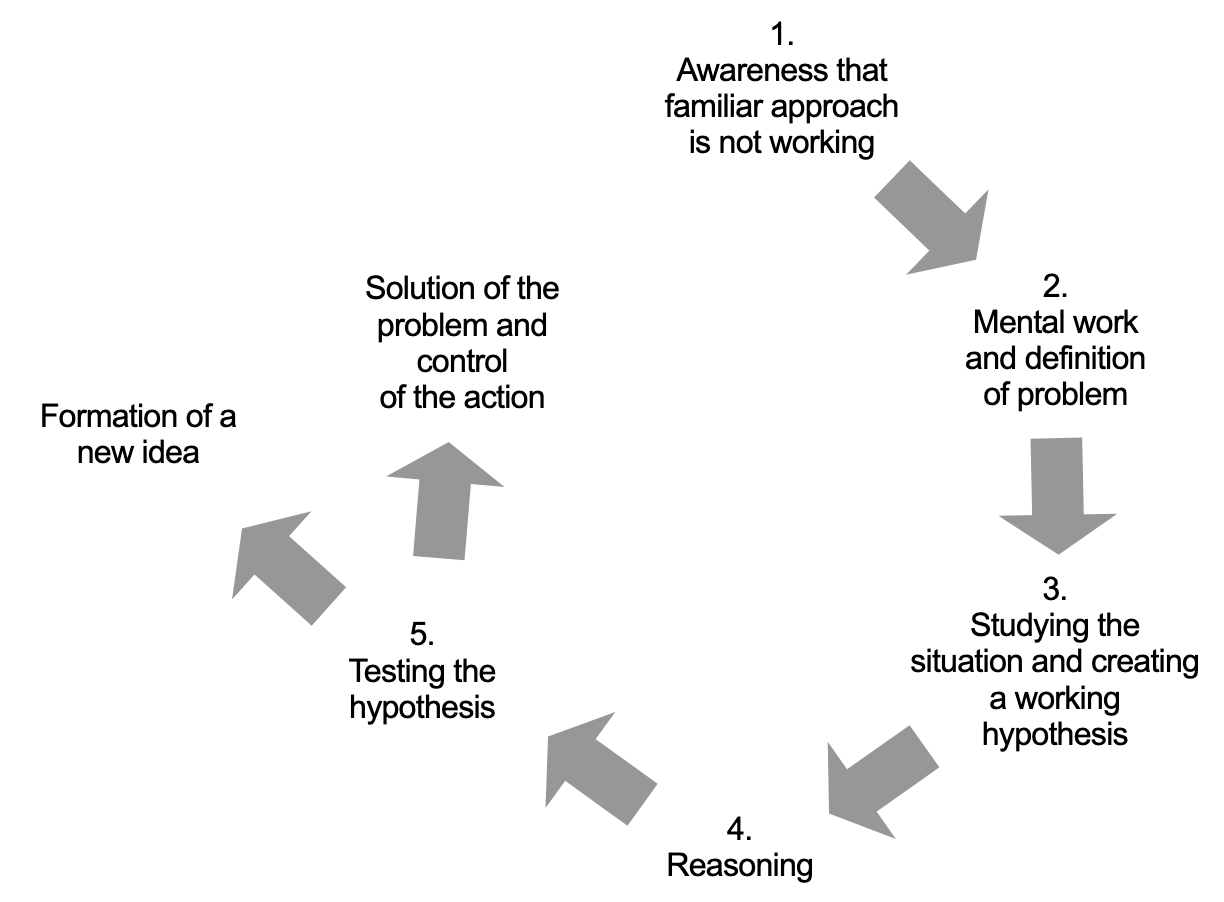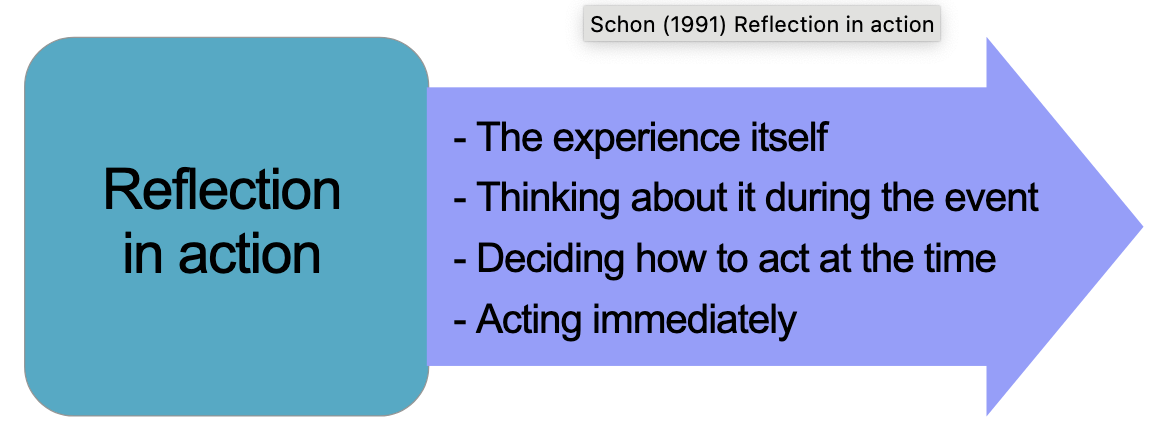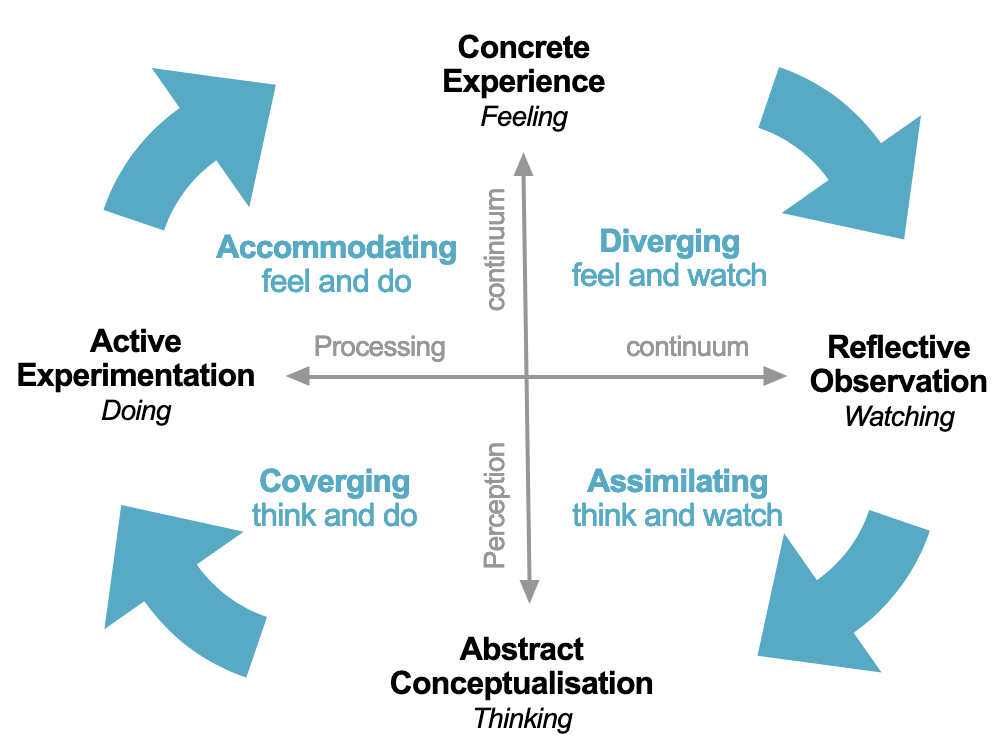Reflective writing
What do you want to learn about?
Click on the links below to move to the corresponding page of this section:
Saira talks about reflection
- Video transcript
Saira: This year I do work in the Housing Law Clinic, so it's part of the clinical legal education module. That's 30 credits. So I chose to do that instead of a dissertation. And the whole module is essentially assessed on a reflective piece, which is very, very different to what I've been doing for the last two years or so. And that has been a great experience, and I definitely don't regret it because I think reflective pieces are so much different to essays. But you do get to think about, well, for me, specifically my role as a solicitor in the future, you know, why is it that I'm studying what I'm studying and how can I be the best version of myself when I am going into the workforce in relation to being a lawyer? And I'd say a lot of the time, it can also transfer into other aspects of academic life. So if you're doing, you know, an essay or a presentation, reflecting back on that is very important. So I'd say if you do get a chance to study that as one of your modules or do any type of reflective piece, then go for it.
What is reflection?
Reflection means thinking deeply about something. It requires conscious active thinking to increase our awareness.
When we reflect, we consider our feelings, past experiences, opinions, strengths and weaknesses. It may involve thinking back about a past event, considering a current situation or planning future actions.
Definitions: ‘Active, persistent and careful consideration' (Dewey, 1933: 9).
‘A process of looking back on what has been done and pondering on it
and learning lessons from what did or did not work' (Conway, 1994).
Why is reflection important?
The process of thinking deeply involves critical analysis and takes time but leads to greater insight about ourselves – our assumptions, beliefs and motives.
As a result, we can identify ways to improve our academic skills, improve our study habits and gain greater insight into topics we are studying.
You may think you don’t have time to do this or not be sure how to do it but we aim to show you that it is a great tool to improve your understanding and academic progress.
Why is reflective writing useful?
You may already spend time thinking in a reflective manner or have discussions with someone else that leads to greater reflection; however, the act of writing down our thoughts formalises this process and often enables us to clarify ideas and identify themes more easily.
Additionally, this practice provides you with a written record that you can refer to at a later date.
When and how to use reflective writing
Reflective writing can help you to develop academic skills, better understand a topic you are studying, and enable you to review your progress at university.
You may need to do some reflective writing as part of an assignment for your course. This could be as a reading log, journal, blog, e-portfolio, work placement diary or reflective essay.
What is free writing?
This technique is sometimes used as part of reflection and involves deciding on a particular experience, problem or incident and writing down any feelings, thoughts and ideas that come to mind, without stopping to judge or correct grammar or spelling.
Free writing is done for a set period of time (e.g. 3, 5 or 10 minutes) and can be a great way to get started. It may enable you to access your inner thoughts, which may have been suppressed, thus leading to greater honesty.
By reviewing your writing afterwards, you can identify key themes. Combining free writing with a reflective writing model can be useful for making changes and planning future actions.
Reflecting on a past event
Reflection on action: Occurs after the event or may involve pausing to stop and think.
- can be used as a learning process
- can be undertaken alone or in a group
- can be used to reflect on reflection-in-action.
To lead to change, reflecting on a past event depends on the awareness of a problem and thinking about ways to address it.
Working through alternative strategies leads to:
- the solution of the problem
- the formation of a new concept.
Now let’s examine this example model diagram below (Dewey's 1933 model of reflective thought):

- Dewey's 1933 model of reflective thought (text version)
This is a basic 7 arrowed circle, as each part goes from one to the other. However, after point 5, number 6 completes the circle but number 7 veers off to form a new idea. Contemplate the seven points below.
1. Awareness that familiar approach is not working
2. Mental work and definition of problem
3. Studying the situation and creating a working hypothesis
4. Reasoning
5. Testing the hypothesis
6. Solution of the problem and control of the action
7. Formation of a new idea
Reflective writing exercise - reflecting on an event
Write about the key moments in your life that led to your choice of subject at university.
- what happened?
- who was involved?
- how did the experience influence you?
Write at least 250 words
Watch this YouTube video, 'Writing a reflection' which has examples and tips on reflective writing - Neil M. Goldman (2012)
Reflecting in a present event
Reflecting in an event - Example Model, Schön (1991):
- Advantages: Helps professionals like medics and sports players to gain professional artistry and increase professional confidence.
- Criticisms: Highlights the difference between reflective hindsight and reflective insight but provides minimal guidance for either.

- Reflecting in an event - Example Model, Schön (1991) (text version)
This simple diagram shows a large box with the words ‘Reflection in action' in its centre. A large arrow is coming away from it embedded with four distinct titles within it.
- The experience itself
- Thinking about it during the event
- Deciding how to act at the time
- Acting immediately
Reflective techniques
What sort of reflective writing will I be expected to produce?
In teaching and learning contexts such as university, students are sometimes asked to reflect on the submission of a piece of researched work, their reflection forming part of summative assessment.
In this case, the student has little chance to apply any insights going forward. However, reflective writing at this level more often forms part of formative assessment, e.g. the student reflects on a draft before final submission, enabling them to build on reflective insights.
A third kind of reflection, reflecting in an event, is associated with professional practice, e.g. a nurse might reflect on their actions while treating a patient and write up the experience afterwards. Most students are unlikely to be required to reflect in this way.
Getting started
Beginning a first piece of reflective writing can seem daunting and it's easy to procrastinate. Where to start?
Here are some suggestions:
- Adopt a framework. Use one of the models, such as Gibbs (1988) to provide section headings for your work. The stages in Gibbs's cycle are description, feelings, evaluation, analysis, conclusion, action plan.
- Invite others to critique your work. Being open to criticism may result in difficult feelings. You don't have to agree with all the comments. They provide material for your discussion.
- Consider alternative courses of action. In your reflection, acknowledge what you didn't do. Recognise what you could have done. How could you have improved what you did do? How could you make better choices next time?
- Draw up a timetable and resources for change. End your reflection with a plan. When will you practise the new technique you would like to try? What materials do you need for the exercise? Where can you find the materials?
Reflection doesn't have to take a written form. Some alternatives are:
Reflective summaries
Diagrammatic representation
Creative representation
- BLOGS
- VLOGS
Perspective taking
Interaction
- peer- or group discussion
- problem-based learning.
More tips
- include the positives
- remember to reflect on things that went well. How did they arise? What can you learn from them?
Why can some reflective writing seem unconvincing?
Some writers approach a piece of reflective writing as a mechanical exercise to be completed at the last minute. They describe the object of reflection - the written report or oral presentation, the background, the mistakes they made, and an error-free future. The reflective writing that results can seem like close ups of a shadowy landscape.
Instead, the reader needs to see the landscape through human eyes, preferably from a high vantage point. To make relationships clear in this way takes time, and the development of reflective techniques is likely to be a gradual cognitive process.
Some people may be predisposed to reflection. If your preferred learning style is different, you can develop a reflective approach through practice.
Reflection vs review
When you review a piece of work, you measure it against objective conventions, e.g.
- have I included a thesis statement in the introduction?
- does the literature review synthesise rather than list published sources?
- is the reference list in alphabetical order?
When you reflect on a piece of work, you are open to many alternative possibilities in its construction, argument, expression and presentation. It's hard to generate these alternative perspectives yourself. Sometimes, it's helpful to invite them from other people. Their comments can stimulate the necessary reflection.
Experiential learning cycle
Kolb's experiential learning cycle (1984)
Advantages:
- develops metacognition
- encourages critical thinking
- provides opportunities for dialogue or feedback
- engages students in their own learning
- creates a more permanent record for later reference.
Drawbacks:
- over self-critical inspection
- possibility of an infinite regress of reflection on action
- fear of the unknown reader
- negative thinking
- absence of an end point.

- Kolb's experiential learning cycle (1984) (text version)
What is Kolb's cycle of experiential learning?
The learning cycle basically involves four stages, namely: concrete learning (feeling), reflective observation (watching), abstract conceptualisation (thinking), and active experimentation (doing).
Effective learning can be seen when the learner progresses through the cycle, having an experience and reflecting on it.
Other topics in this section relating to Writing and assessments:
Critical essay writing | Reflective writing (this page) | Reports | Dissertations | Academic writing style, editing and proof-reading | Feedback